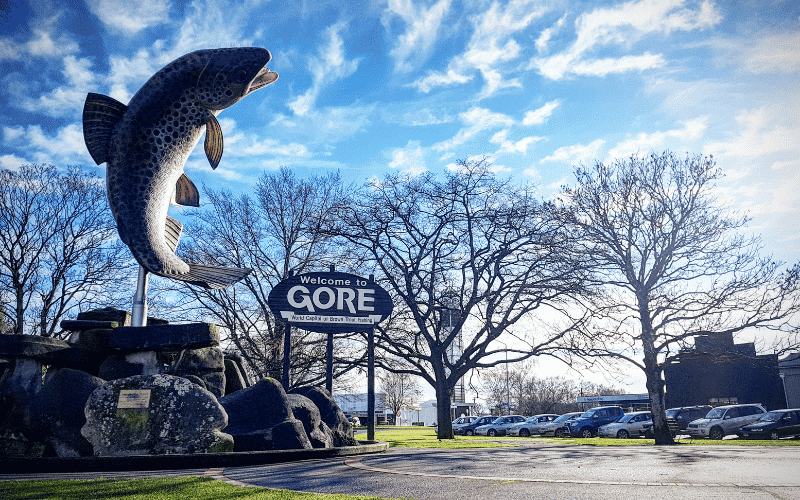The Gore District Council is calling on the Government to conduct a national referendum to prove it has the mandate to go ahead with the Three Waters reform.
Councillors today unanimously endorsed a submission to the Finance and Expenditure Selection Committee opposing the Government’s model for Three Waters reform. However, they acknowledged the current system for financing water and wastewater services needed to change.
Gore District Mayor Tracy Hicks reiterated the Council’s call for a local and central government funding partnership similar to the one with Waka Kotahi NZTA.
“The Council is facing substantial financial challenges to meet rising environment standards, especially around wastewater treatment.
“If our water services were funded under an arrangement similar to the one we have with Waka Kotahi, there is no reason we could not overcome these challenges. Unfortunately,
the Government appears impermeable to seriously entertaining an alternative model.”
Given the unprecedented opposition and troubled history of the reform process, the Council urged the Government to hold a national referendum. It could be done as part of this year’s local body elections or as a standalone event shortly afterwards.
“If the Government genuinely believes in democracy and acting in accordance with the wishes of the people, it needs to realise its clumsy approach to the reform process demands a fresh mandate.”
The Council describes the four water service entities, which will oversee the delivery of services throughout the country, as unduly complex and laden with bureaucracy.
“The labyrinth of regional representative groups and panels makes it near impossible to tell how the average citizen will have any reasonable way of wielding a modicum of influence.
“Put another way, the reform proposal will likely create four bureaucratic monsters that will be hard to penetrate and even harder to influence.”
The Council was critical of the Government’s “misleading” advertising campaign to justify the reform, saying it was duplicitous and caused a high level of mistrust within local government.
Trust levels “hit rock bottom” when the Government “unceremoniously dumped” the opportunity for councils to opt-in or opt-out of the reforms, instead legislating it to be mandatory.
The Council defended the quality of New Zealand’s urban water supplies.
The contamination of Havelock North’s drinking water supply in 2016, which the Government has used as the genesis for the reforms, was an extreme case.
“It appears the Government has used Havelock North as its ‘stalking horse’ to suggest other communities in New Zealand have similar contamination risks.
“While we acknowledge some small water schemes may not have the high levels of treatment desired to prevent the infiltration of bacteria and protozoa, urban water supplies in New Zealand are carefully managed, in the main.
“The Government inquiry into Havelock North revealed “incompetence on a grand scale by multiple parties”.
The Council has asked to speak in support of its submission.

